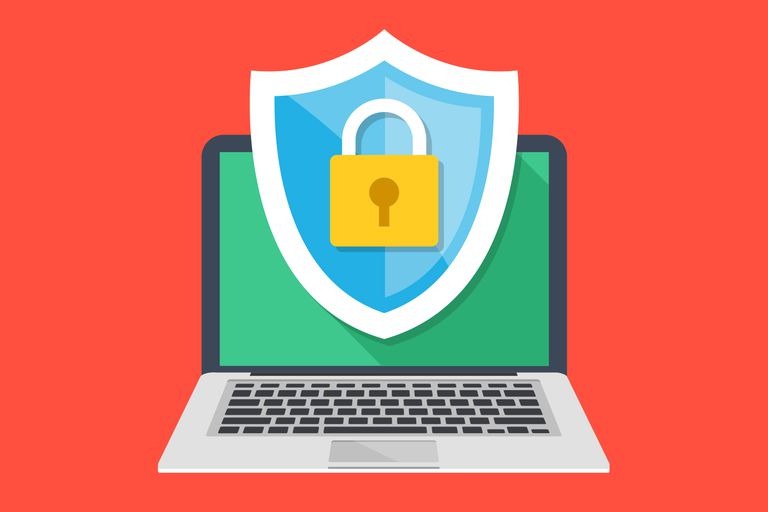The digital age has brought with it countless advantages and conveniences, but it has also opened the door to a range of cyber threats that can compromise the security and privacy of individuals. With our increasing reliance on technology and constant internet connectivity, the need to protect our devices, especially our computers, has become more crucial than ever. One of the essential tools for this protection is effective antivirus software.

Evolving Cyber Threats
Over the years, cyber threats have evolved from simple viruses and worms to more complex and dangerous forms of malware, such as ransomware, spyware, adware and Trojans. These malicious programs have the ability to infiltrate systems, steal personal, financial and confidential information, and damage or encrypt data, demanding a ransom for its recovery.
Cyberattacks can come from a variety of sources, including infected websites, malicious email attachments, unsecured networks, and infected storage devices. With so many entry points, it’s crucial to have a robust defense in place to protect your devices from these threats.
Functions of an antivirus
An antivirus is software designed to identify, block, and remove malicious programs from a computer. Its functions go beyond simply detecting viruses; it can also identify and eliminate spyware, adware, rootkits, and other forms of malware.
Modern antiviruses use a variety of techniques to detect threats, including virus signatures, heuristic analysis, suspicious behavior detection, and even artificial intelligence. They scan files for known malware patterns and can block suspicious websites, preventing you from being directed to pages that could be harmful.
Benefits of an antivirus
- Real-time protection: An active antivirus provides continuous protection by constantly monitoring activity on your computer and blocking any suspicious activity.
- Early detection: Modern antiviruses are capable of detecting threats before they even cause damage, minimizing the possibility of data loss or information theft.
- Regular scans: You can set your antivirus to perform regular scans of your system, ensuring that no malware has crept in undetected.
- Blocking online threats: In addition to protecting against threats present on your device, many antiviruses also offer protection against malicious websites and dangerous downloads.
- Security updates: Up-to-date antivirus software ensures that you are protected against the latest threats, as new malware is developed regularly.
Conclusion
In an increasingly digital and interconnected world, cybersecurity should not be underestimated. An effective antivirus is one of the most important defenses against cyber threats that can cause significant damage to your privacy, finances, and personal data. Investing in reliable antivirus software is a crucial step in protecting your computer and keeping your digital experience safe and risk-free.